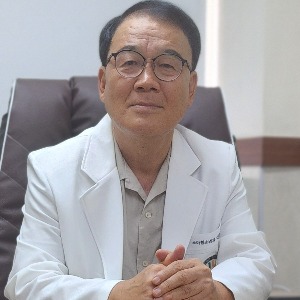Geriatric Rehabilitation
Geriatric Rehabilitation (GR) attempts to improve the quality of life in older adults, particularly those with debilitating impairments and/or frailty, by restoring function or enhancing residual functional capability. Current rehabilitation approach emphasises function and well-being rather than disease alone. The rehabilitation of elderly people can help them maintain their functional independence while also increasing their quality of life. Normal ageing due to disuse and deconditioning, cardiovascular disorders such as vascular disease and stroke, and skeletal difficulties such as osteoporosis and arthritic conditions such as knee and hip replacements are all covered by geriatric rehabilitation. Physical medicine physicians [physiotherapists] employ rehabilitation to help patients regain their pre-injury quality of life. They may use physical, occupational, and speech treatments to achieve this goal. Geriatric rehabilitation also plays a role in intermediate care, where patients are referred by a hospital or family doctor when there is a need for hospital-based short-term intensive physical therapy aimed at the recovery of musculoskeletal function, particularly after joint, tendon, or ligament repair, or physical medicine and rehabilitation care when elderly patients fall out of sync with their medications, resulting in a deterioration of their condition.
- Geriatric Care
- Geriatric Rehab
- Mental Care

Jay Spector
American Academy of Podiatric Sports Medicine (AAPSM), United States
Marcia J Scherer
Institute for Matching Person and Technology, United States
Marcos Brioschi
American Academy of Thermology, United States
Ady M Correa
University of Miami, United States
Blair Gorenberg
Shirley Ryan Abilitylab, United States
Roberta Sartori
IRCCS Materno-Infanitle Burlo Garofolo, Italy




Title : Best practice guidelines for the use of pharmacological neuromodulation in disorders of diminished motivation: A comprehensive approach
Vaidya Balasubramaniam, Illawarra and Shoalhaven Local Health District Hospitals, Australia
Title : A forgotten component of knee osteoarthritis
Ron Blehm, EEI Physio LLC, United States
Title : Functional outcomes of DSSA-Based pelvic rehabilitation combined with manual therapy and electrostimulation in men after oncologic surgery: A retrospective case series
Eren Uyar, Fizyomen Physiotherapy & Rehabilitation Center, Turkey
Title : We are living and working in the age of individualization
Marcia J Scherer, Institute for Matching Person and Technology, United States
Title : Efficacy of Inspiratory Muscle Training (IMT) in post-weaning ICU recovery: A clinical randomized controlled trial
Warda Khan, Chongqing Medical University, Pakistan
Title :
Subramanya Adiga, Middlemore Hospital, New Zealand